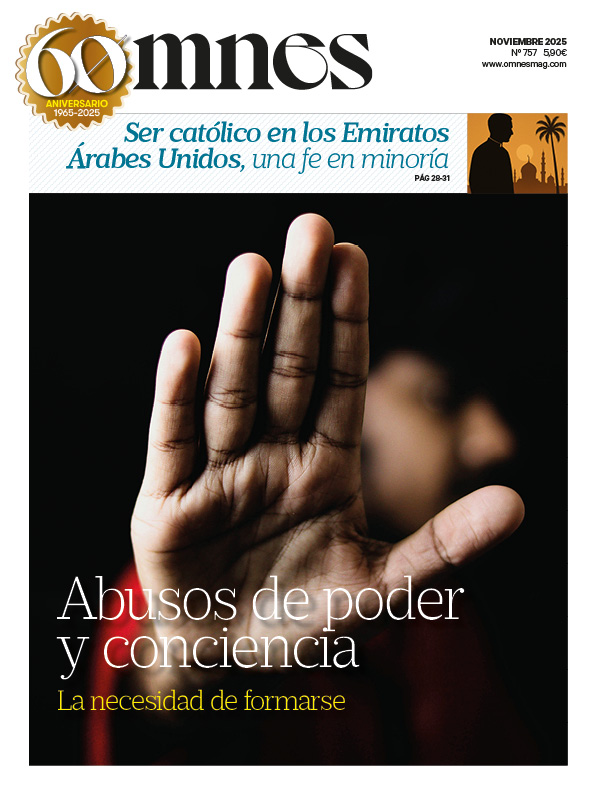Large families are realizing, as they crunch the numbers, how much the new maternity pension supplement is hurting millions of women. According to theSpanish Large Families Federationis about a "covert retrenchment", for mothers, who will see their maternity allowance reduced by between 10 and 70 percent, depending on the number of children and their contribution base. In addition, the higher the number of children, the greater the cut.
Indeed, according to the Federation's calculations, all women with pensions of 1,100 euros and 2 children suffer an economic loss in their pension, although the loss will be greater in the case of large families with 3, 4 or more children. Thus, a mother with 3 children and a pension of 1,100 euros will see her pension cut by more than 400 euros a year; and if she has 4 children, she will receive 800 euros less than under the previous system.
A mother of 3 children and a pension of 1,100 euros will see her pension cut by more than 400 euros a year.
Collection of signatures
The FEFN, chaired by José Manuel Trigo, is made up of 80 local, provincial and regional associations, and is currently seeking support so that the measure does not prosper. To this end, it has opened a signature campaign on Change.org and has been meeting since last week with representatives of the various political groups.
In their opinion, the provision on the new maternity allowance "is not a fair way to eliminate the gender gap nor does it adequately compensate for the contribution [mothers] have made to society in the form of human capital, through their children, who are precisely the ones who are going to sustain pensions.". The decree-law, which has already been approved by the Government, goes to Congress this week, where it must be revalidated by the parliamentary groups.

The family entity considers it "paradoxical, as well as tremendously unfair" that the objective of this measure is "to reduce the gender gap that women have suffered due to maternity and that women who have had more children are treated worse, when they are the ones who have the greatest salary gap, promotion, etc., having to face and combine employment with several pregnancies, childcare, etc., which have resulted in a loss of salary and fewer job opportunities for them".
Inconsistent situations
The Federation considers that "the argument that this system benefits low incomes is also unsubstantiated, when there are such incongruous situations as a working mother with one child and a maximum pension of 2,400 euros, will see an increase of 27 euros per month, while a mother of 4 children and a pension of 800 euros, will also receive 27 euros for each of her children, a total of 108 euros per month".
The new model is a disguised pension cut, which will affect millions of mothers, from 2 children and with average pensions.
FEFN
"If the woman had 5 or 6 children," adds the FEFN, "she would receive the same amount, since the new supplement has fixed amounts that are equivalent to 4 children, so there is no greater compensation for larger families.".
The federation points out that the new model "is a hidden pension cut, which will affect millions of mothers, from 2 children and with average pensions, which is accentuated in the case of mothers of large families. The only beneficiaries are mothers with one child, who in the previous model did not receive any supplement and now they do".
The FEFN has already assessed "this innovation as positive, because mothers with one child should also be considered, but it is tremendously unfair that this compensation is to the detriment of the supplement for mothers with more children".
Families discriminated against
The Federation also criticizes the fact that there is a limit on the amount of the supplement, which is equivalent to having 4 children, which means that in the case of having had 5 or more children, only the first 4 will be counted. More than 21,000 families will feel "discriminated against" by this fact, being "very unfair that those who have made the greatest effort in terms of reconciling family life and work, and who have contributed the most to the system in terms of demographic contribution, are not rewarded by the State at their retirement age".
"The maternity supplement in the pension also discriminates against families in which one of the parents has stopped working to take care of the children," adds the entity, "because these mothers (fundamentally women) will not receive the supplement, given that [it] is only for contributory pensions, and the fathers will not be able to accredit that the children have affected their working career because they will not have suffered the loss of income or lower contribution due to paternity."








